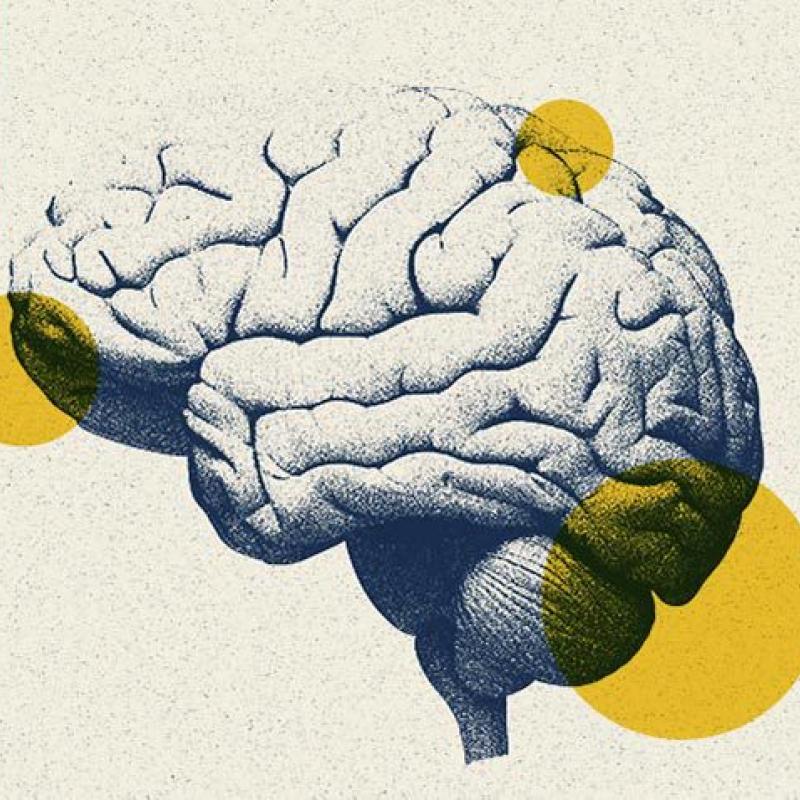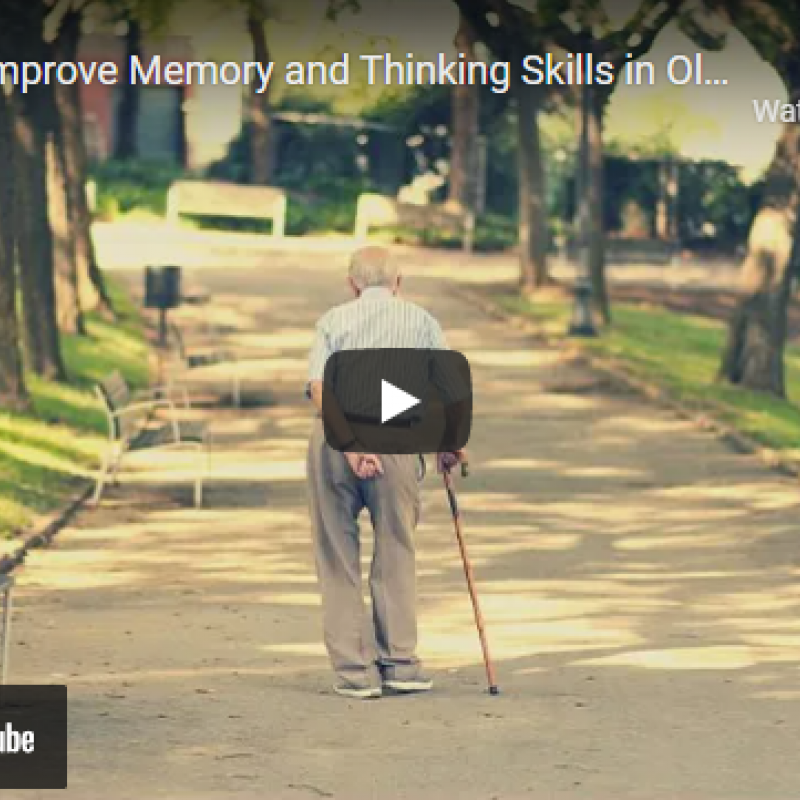Areas of Interest
- Neuropsychological assessment of Aging, Dementia, Stroke, Epilepsy
- Cognitive effects of chronic stress / post-traumatic stress disorder
- Cognitive rehabilitation
- Effects of neurologic injury and disease on cognitive functioning, especially learning, memory, and executive abilities, especially in aging and dementia
- Non-pharmacologic intervention for enhancing cognitive, emotional, and everyday functioning. Methods include
- Cognitively oriented treatments (cognitive rehabilitation, training, remediation)
- Non-invasive brain stimulation (transcranial direct current stimulation, transcranial alternating current stimulation, transcranial random noise stimulation, transcranial magnetic stimulation)
- Structural and functional neuroimaging as both predictive and outcome tools
Featured News

July 25, 2022
Finding the right memory strategy to slow cognitive decline
A new study compares two popular forms of cognitive training that people often use to improve learning and memory.

June 14, 2021
A prescription to ward off cognitive decline – without medication
A clinical neuropsychologist with expertise in dementia shares what the science tells about improving memory and thinking without drugs.
Credentials
- Post-Doctoral Fellowship; Emory University & Atlanta VA Medical Center, Atlanta, GA, USA
- Drexel University (MS, PhD), Philadelphia, PA, USA
- Macalester College (BA), St. Paul, MN, USA



